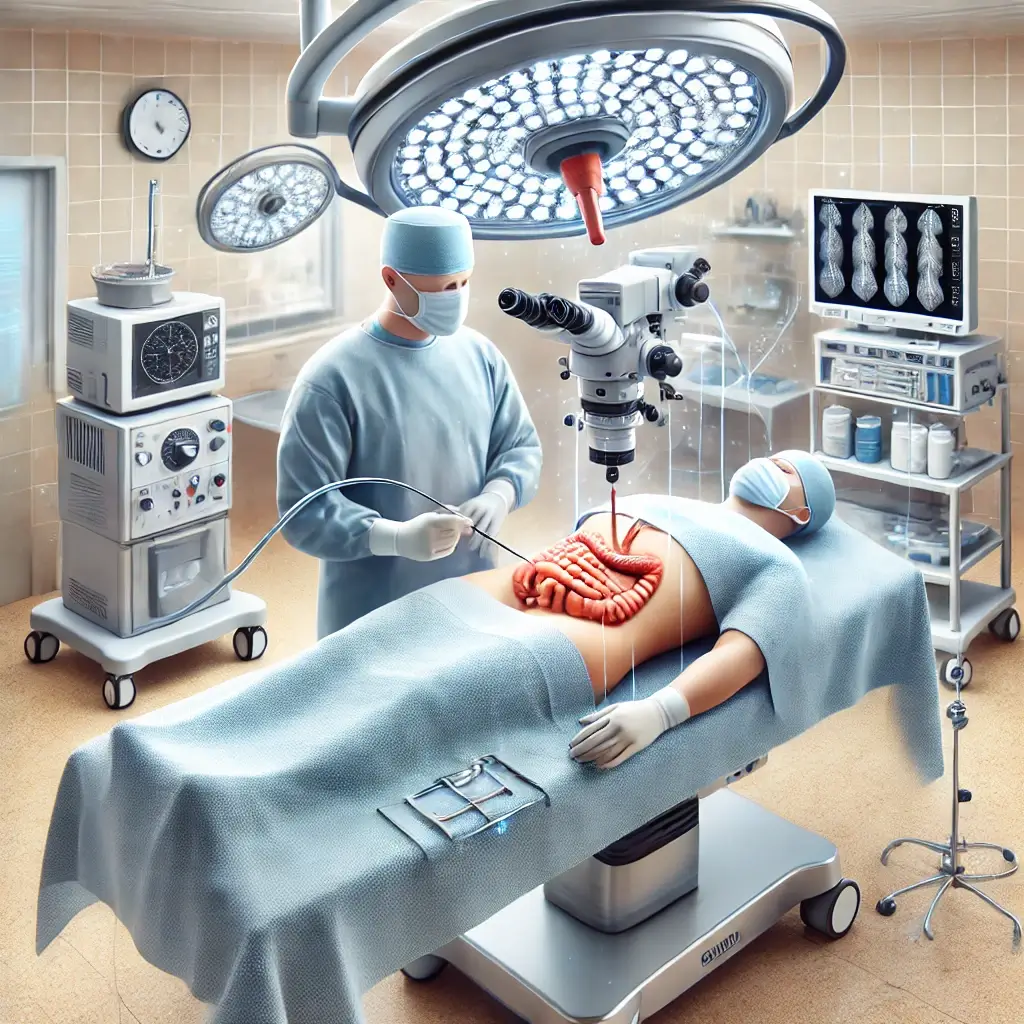When is surgery deemed necessary?
Medication is usually highly effective in managing peptic ulcer disease (PUD). Nevertheless, under certain circumstances, surgical intervention may be required. Surgery is generally recommended in cases when problems occur from peptic ulcers, including: perforation (a hole in the ulcer), hemorrhaging (excessive or continuous bleeding), obstruction (scarring that causes narrowing), and intractability (when medication proves ineffective).
Surgical procedures for peptic ulcer disease (PUD)
Vagotomy involves severing the vagus nerve to decrease stomach acid generation. Pyloroplasty enlarges the pylorus to facilitate food movement. In severe cases, a partial gastrectomy may be performed, which involves surgically excising a segment of the stomach.
Minimally Invasive Surgery
Laparoscopic surgery is the preferred choice for surgeons whenever feasible. This procedure involves small incisions and surgical equipment inserted through thin viewing tubes called laparoscopes. It offers numerous benefits compared to conventional open surgery, including expedited healing, reduced hospitalization, faster recovery, and decreased postoperative pain.
Advantages of Laparoscopic Surgery
Laparoscopic surgery for peptic ulcers results in shorter recovery periods and reduced pain. It also decreases the likelihood of complications such as infection and bleeding, enhancing patient safety. These advantages have made it a more favored choice for both healthcare practitioners and patients.
Rehabilitation and Extended-Term Administration
Postoperative care involves adhering to a prescribed food and medication schedule. Lifestyle modifications, including quitting smoking and managing stress, are crucial in preventing future ulcers. It’s imperative to visit a doctor to discuss the optimal treatment plan for your particular circumstances.
